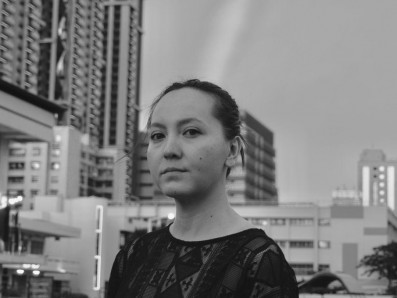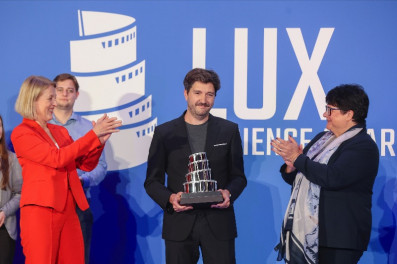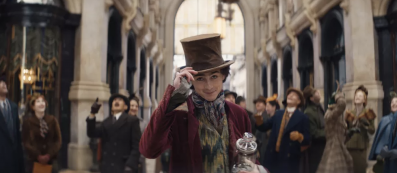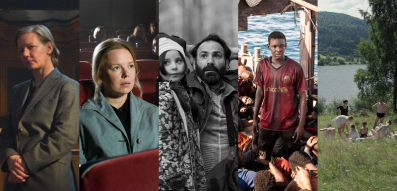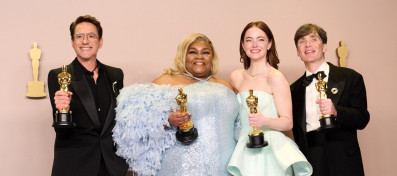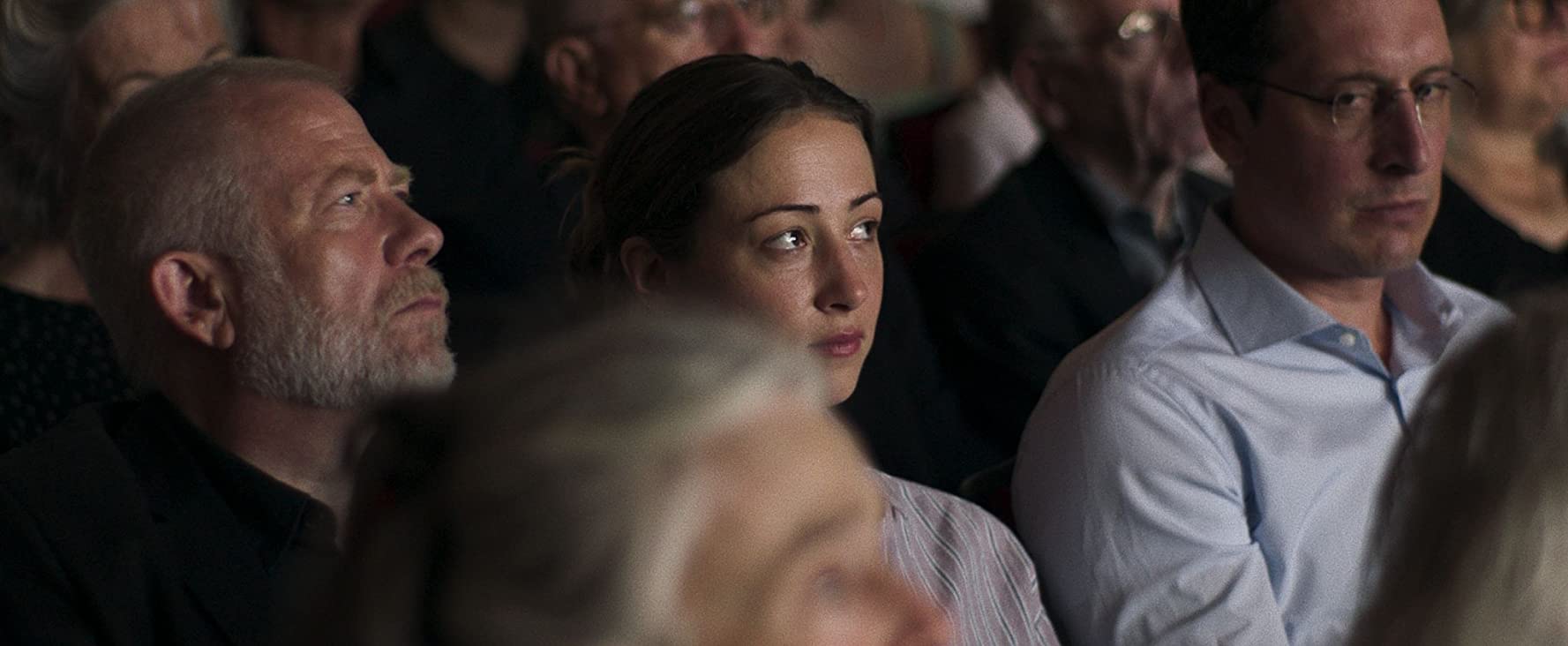
From Kazakhstan over Germany to Syria - Portraits of Women on Film
Ayka, All is Good and The Cave as door inside the world of women
When Paul Verhoeven´s Elle, with astonishing Isabelle Huppert´s execution, swept the awards season in 2017. the buzz was made on the count of the female portrayal that was as sterile as it was threatening in beauty. It was interesting to turn an inner eye of sensible introspection to see a woman´s psychology grippingly controlling and nicely effective (though the lovers of Haneke´s work have seen Huppert breaking the boundaries some years before in Piano Teacher). What with the latest Danish exemplary of Dronningen (The Queen of Hearts) setting the tone of adultery and search for another youth between the stepmother and her adolescent stepson, or gruesomely destructive Nightingale, the portraiture of women on the film is currently blooming in tones that defy single-typed categorisation, making the room for both female directors, writers and actresses to convey directly their strength well beyond the boundaries of their time or circumstances.
Strength, as such, might originate from their own oppression in the face of a predatory system, from the cultural restrictions trusting with its poor habit in male dominance on the basis of sex or, as such, from the solitude in which they bear the unthinkable. Here follows an exemplary overview of such portraits made in recent years.
Ayka (2018), dir. Sergey Dvortsevoy
“You could have died.”- a female voice comes across a desultory room in Moscow outskirts during a blizzard. The camera is fixed on a resigned, forlorn look of a woman who could be twenty or older. Perhaps she wished to die, we might think at this point because we have seen her bleeding thick streams of blood after rushing from the hospital where she gave birth just hours before. Ayka, played by Samal Yeslyamova, reigns in Dvortsevoy´s hauntingly torturous social drama of the same name.
Moving in Russian´s capital as a migrant worker from Kazakhstan, Ayka succeeds in bonding relentless fierceness with the incredible posture of Yeslyamova´s performance. She moves as if in a nightmare, within a labyrinth, collecting with what little strength has left the icicles from nearby houses to ease the bleeding. The camera is stuck in the middle, as if hypnotised to one of her sides of faces as she struts her way from the hospital, breaking a window, gorging herself with snow to run down a pill, desperate for work that brings her to the lowest of the lows within the immigrant community. As she leaves her new-born behind a voyage begins in which the search for a better life for an unsolicited, unregistered, illegal female is as blank as the blindness of the socio-economic system.
Earning Cannes´ best actress award is not the only reason for viewership. As his first film in a decade (after Tulpan in 2008.), Dvortsevoy created a masterpiece on survival, an evocative ode on the invisible pain any human can endure, reflected with trembling stillness in Yeslyamova´s paced action. When, on one occasion, she happens to glace on a dancefloor (so many things are given here in pieces), she stares, dazzled, as if not recognising the living world. Something of that sense of loss stays after the last minutes pass by, with no repose or solace to her name.
Alles is gut/ All if Well (2019), dir. Eva Trobisch
Indeed, there is no reason why would anyone trouble themselves with Janne-played by Aenne Schwarz. She got a temp position in a publishing company with a benign boss Robert-played by Tilo Nest, Piet-played by Andreas Döhler, her boyfriend with ease turns their apartment renovations into nuanced pleasures after their joint project went bankrupt, their insolvency concluded with a wild party filled with alcohol, high-spirited conversation in a whirlwind of lights and-a rape. Somewhere within the last drops of shots, Janne´s newly found drinking mate, the brother-in-law of the new boss, a short-sighted unsuspected Martin-played by Hans Löw- took her benevolent offer of the couch as an invite for intercourse. And much as she drunkenly protested, she is first cornered and then, almost immediately, pushed with little force and much submission-to the floor.
The unobtrusive, slow-revealing writing of Trobisch follows Janne´s silence as something intriguingly different. By refusing to see herself as a victim, to allow herself a reflection of a sexual attack she sets herself fully apart from the Janne she was that night. Her defeat, anger and anxiety are blowing up invisibly and outwardly as her world steadily falls apart as if driven away by some invisible, apologetic hand. All is well resounds almost like a double attack. Netflix based German success is here with a sour pill to swallow on account of modern rape culture. It is here to stay posing perhaps an important question-how many Nos make it enough to count? And how many “Everything is fine now” are actually meant as a cry for help?
The Cave (2019), dir. Feras Fayyad
The streets of the Ghouta are barely set as we follow a small, female frame down into the darkness. The underground road as familiar as the back of her hand, leads surprisingly to sparsely lit white hallways, unmistakeably proving itself as a hospital wing-one of many in the subterranean labyrinth that amaze The Cave, Feras Fayyad´s latest piece. Known far and large with his Last Men in Aleppo´s success, this time the shaking horror and light is balanced with Amani Ballour, hospital´s manager and doctor.
Her warm face and careful approach make us shudder with compassion, as she appeases the younger with a smile. “It is the least we can offer to them” we hear her as she turns right, just above the sign of Mickey and Minnie Mouse, a bulgy stone modestly and sadly turned into a children´s wing. We see her immediately after in action, washing the blood from a two or three-year-old girl, still shell-shocked. Ballour is triggering the utmost respect as she commands, delivers, cares, as she produces blankets, a considerable wonder, for a pair of siblings who need to dispose of their chlorine-soaked clothes. Her colleague Salim the surgeon follows bravely, in the destitute hospital under the waking bombs. Himself doing the most operations and bereft of anaesthesia, it is almost grotesque to see his playlist of classical music he plays to his patients.
“Listen”-he says- “…listen and don´t think of the pain”, finishing another stab of the sewing wound. The Cave is merciless as much as it is rewarding, and Fayyad chose the navigation of those who swore to help the others, reaching the rim of their human halt. And somewhere, between the smile of a cook preparing the rice for over 20 people and the conducting hand of a scalpel, we might even see a face smiling after surviving just another moment in the war. Sometimes, that is all it takes, to feel alive.





